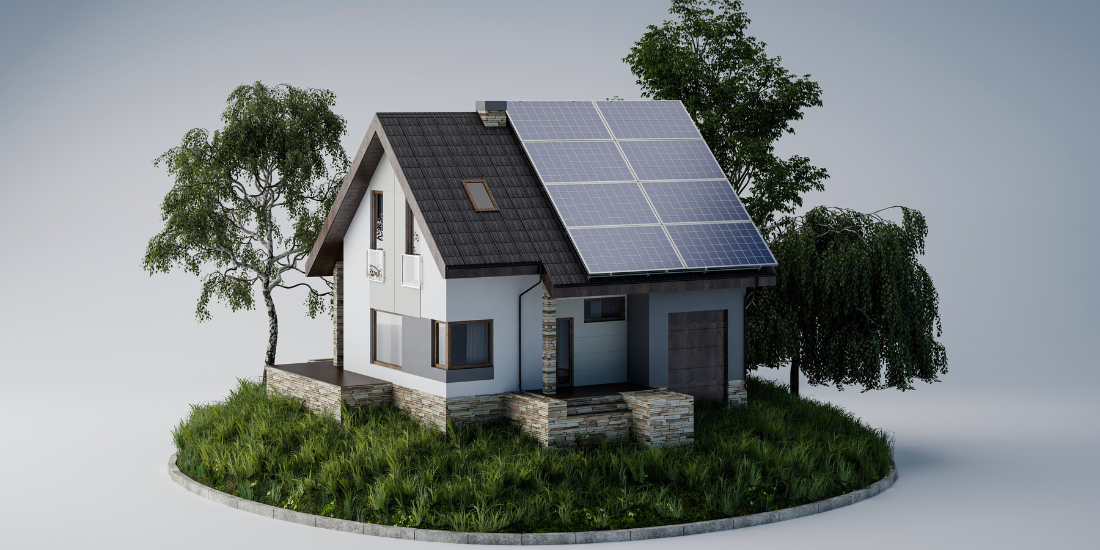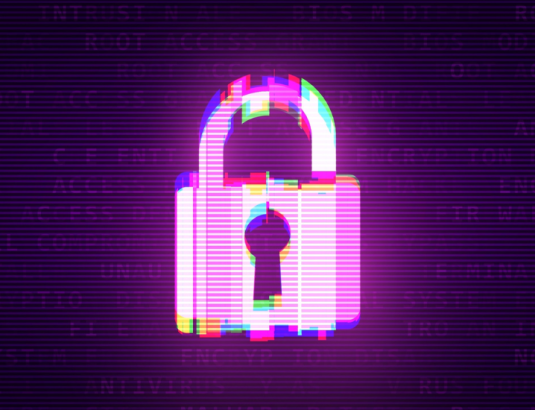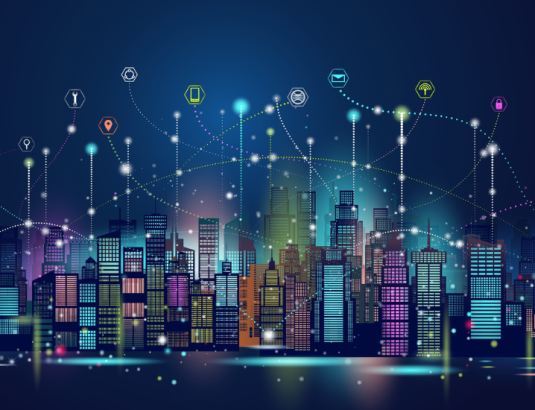


Renewable vs Non-Renewable energy
In today’s world, energy is a crucial topic of discussion, as it controls every aspect of our daily lives, from powering homes and industries to powering transport. Due to climate change and environmental challenges, debates around renewable or non-renewable sources are at the spotlight. By understanding the difference between renewable and non-renewable resources, we can make more informed decisions about how we use energy and how we can protect the environment.
Renewable and non-renewable energy sources
Renewable energy is a natural resource that can replenish itself over time. Briefly, they are derived from natural processes and produce energy such as solar, wind, hydroelectric, etc. One of the main advantages of renewable sources is sustainability, as they can be used repeatedly without running out and without polluting the environment. On the other hand, non-renewable energy sources come from decomposing residues, such as metals and minerals. In this case, they cannot be used repeatedly and for a long period of time, as they are limited and may be exhausted. Unfortunately, their use involves environmental challenges.
Renewable energy offers an opportunity for a sustainable future, powered by clean inexhaustible resources as opposed to non-renewable energy sources which hide environmental challenges. The transition to renewable energy is not just a matter of preference, but a necessity dictated by environmental, economic and ethical considerations. In recent years, more and more companies have committed themselves to reducing carbon emissions and are making efforts to protect the environment by investing in sustainable solutions.
EcoFlow provides smart and sustainable solutions with the main purpose of replacing traditional generators and directly switching to renewable energy sources. This mindset supports the transition to efficient, green energy technologies, minimizing environmental impact while providing reliable energy solutions for households, businesses and off-grid lifestyles. By switching to renewable energy, individuals, businesses and governments can contribute to a healthier planet while ensuring energy security and economic growth in the long term.
In conclusion, the debate between renewable and non-renewable energy sources is a challenging issue due to growing environmental concerns and the need for sustainable energy solutions. Renewable energy, which comes from natural and inexhaustible resources such as solar, wind and hydroelectric power, offers a cleaner and more sustainable alternative to non-renewable energy sources, which are limited and contribute to environmental pollution. EcoFlow contributes to this effort by promoting environmentally friendly products that make daily life easier for consumers.




